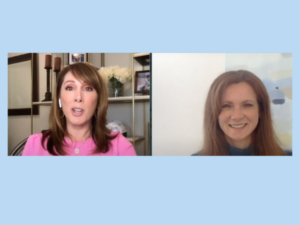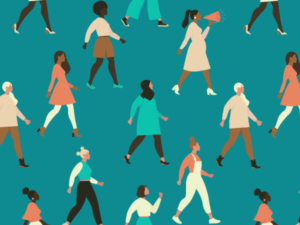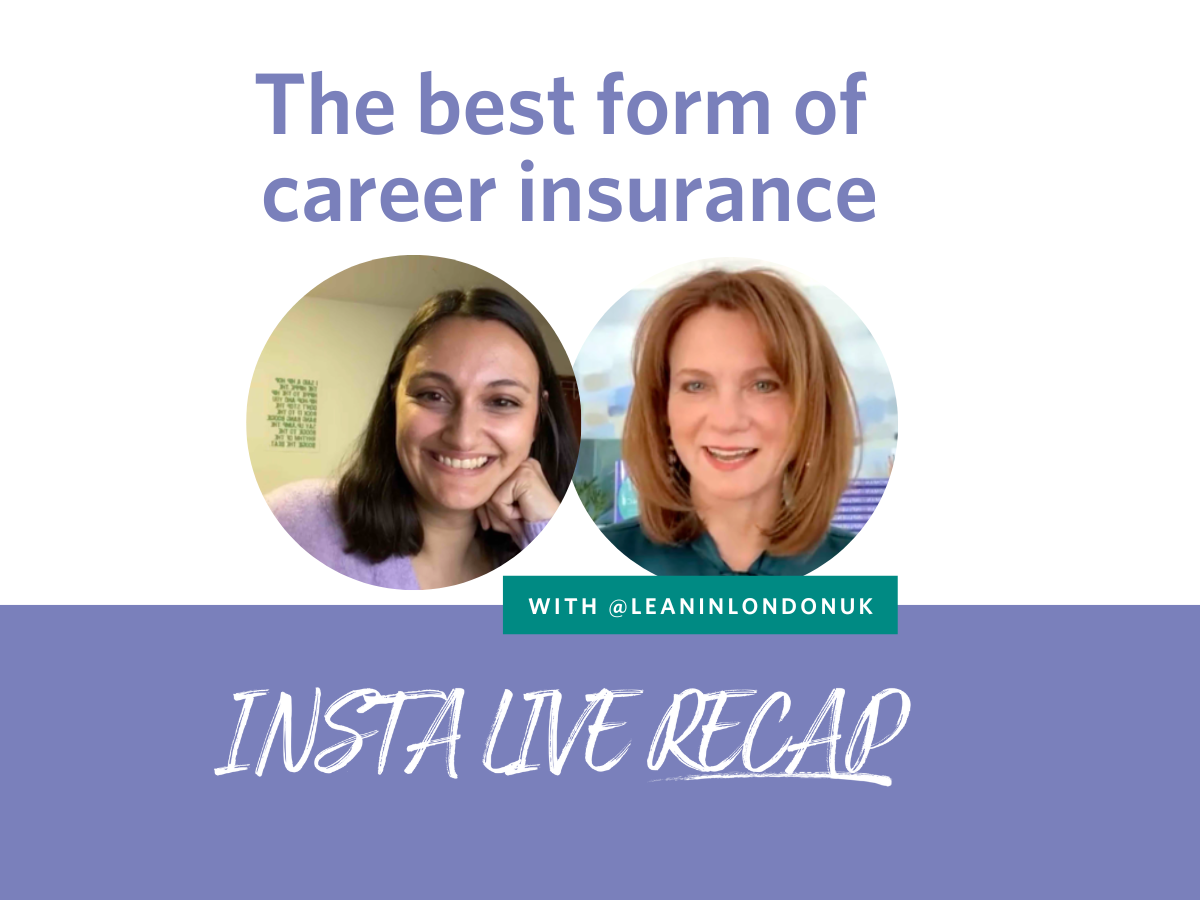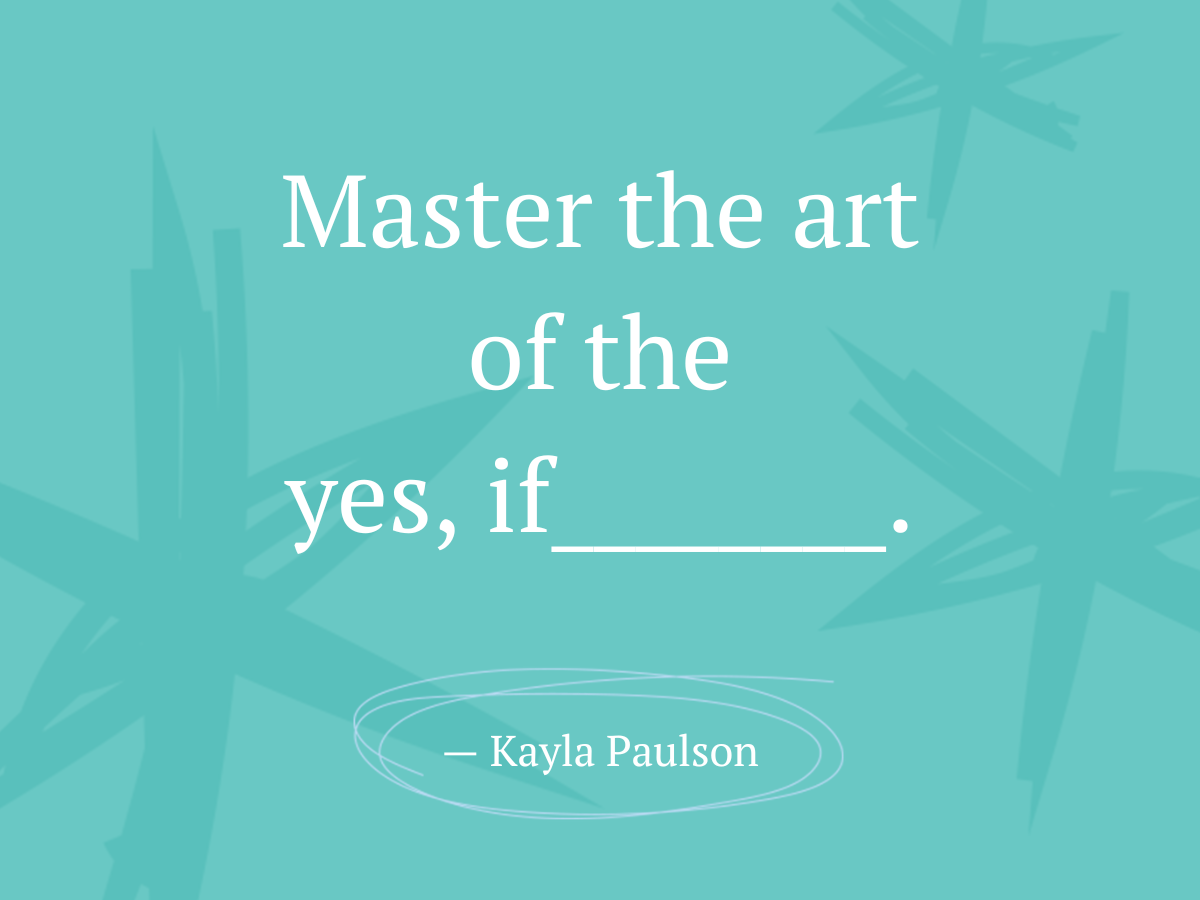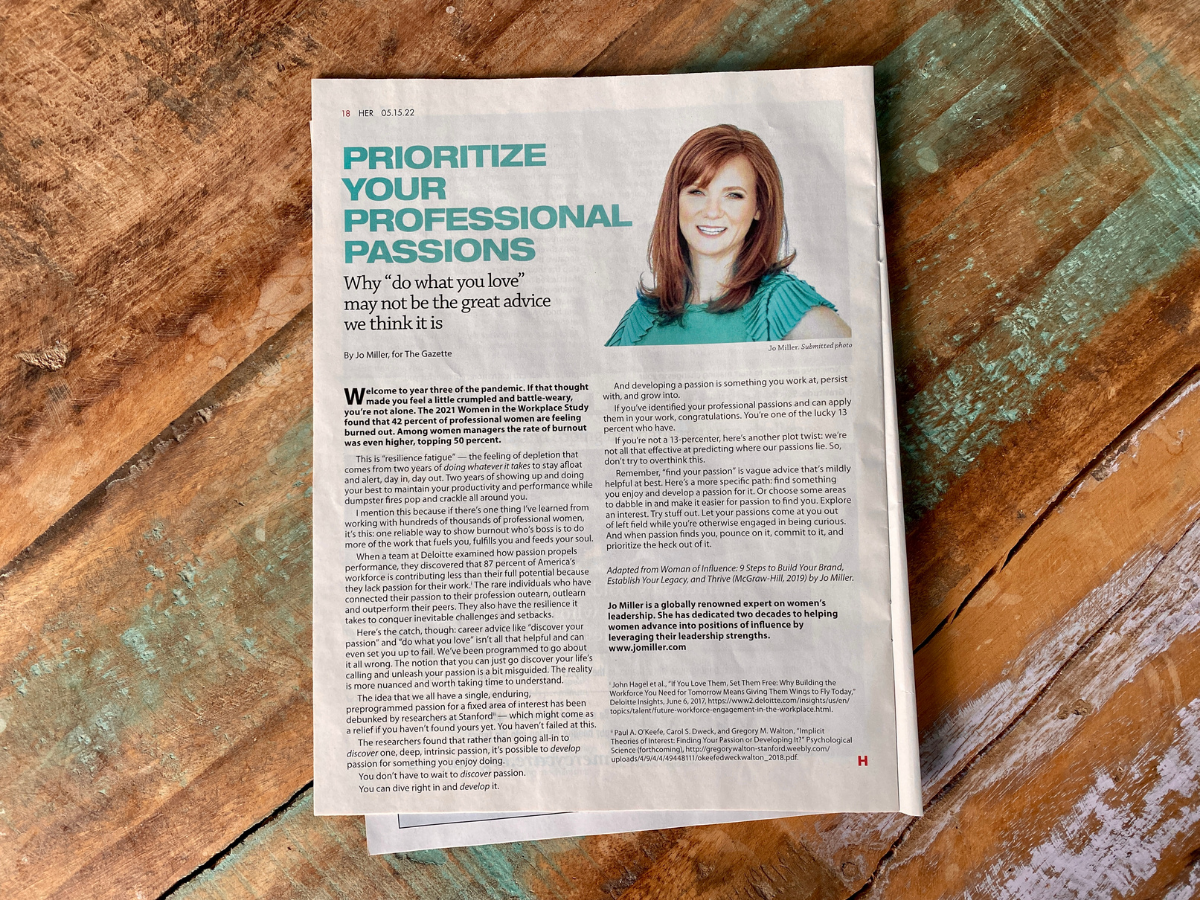Have you ever noticed how best learning opportunities sometimes come brilliantly disguised as a gut-wrenching, cringe-inducing flops?
So you bombed the big presentation, missed a product rollout deadline, or had your new team implode. What now?
Don’t be afraid to speak the F word: failure.
Don’t hide your career face-plants, flops, and fails. Just like a dreadful first date can become a hilarious story with the addition of 24 hours, a girlfriend, and a bottle of Pinot, your most gut-wrenching failures make for indelible, relatable lessons that highlight your hard-won expertise. If you’re willing to be uncommonly courageous, vulnerable, and authentic you can make a “flopportunity” part of your personal brand by telling an inspiring story about what went wrong—and how you turned things around.
Like any good movie, a good story starts by setting the scene. Then there’s some tension, which is resolved by the final act. Craft a memorable anecdote using the SPAR model, a common technique for answering job interview questions, which describes the following:
S: Situation
P: Problem
A: Action
R: Result
Don’t cut too quickly to the end result: you’ll shortchange the most interesting part. Here’s one place in business where it pays to bring the drama. After setting the scene, describe the failure. Dramatize it. Pause for effect. This emotional rollercoaster ride is what makes your story unforgettable.
A well-told story will be remembered more accurately for far longer than a laundry list of facts.[i] That’s why storytelling is one of the best ways to highlight your work. When people experience a similar problem, they’ll be more likely to remember you, the expert who can solve it.
The technique works well for your successes and accomplishments too, but trust me: your mess-ups will be much more memorable.
For more techniques like this, grab my free cheat sheet of 33 Ways to Amplify Your Accomplishments.
. . . . .
Adapted from Woman of Influence: 9 Steps to Build Your Brand, Establish Your Legacy, and Thrive (McGraw-Hill, 2019) by Jo Miller.
i. Vanessa Boris, “What Makes Storytelling So Effective for Learning?” Harvard Business Publishing, Corporate Learning, (blog), December 20, 2017.






